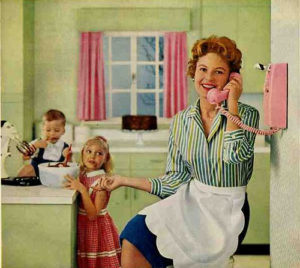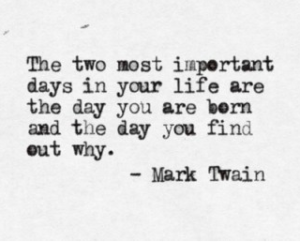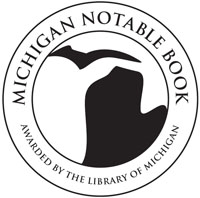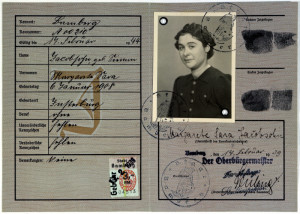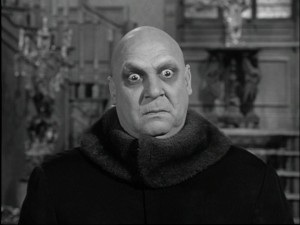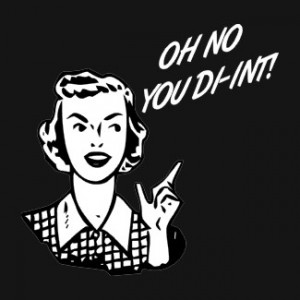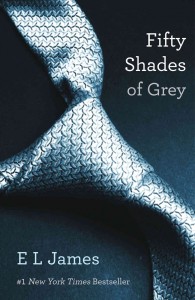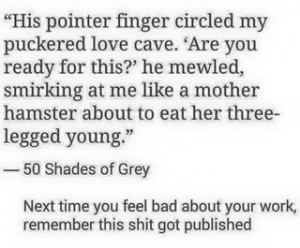Author tours sound glamorous to people who don’t do them. The truth is more complicated, even if you’re happy with your editor and publisher, love the cover art of your new book, and you’re in such good health that nasty recycled air can’t undermine it after all those hours trapped on planes.
You’re always onstage, always being observed by everyone you meet. You never know if your bags will get lost, your flight delayed—or if enough people will turn out for your event to make you feel it was worth the time and trouble. If you’re on a panel, will you be bored, or worse, be seated next to another author who despises you? If you’re interviewed, is the journalist prepared or just filling an assignment, does she admire your book or have an agenda? One interview started off by cheerfully saying, “My! You’ve written a of books, haven’t you?” I could tell this was someone working off my author bio and nothing more.
And then there are the people of all kinds—readers, hosts, other writers—who say stupefying things to you without hesitation. It can be a kind of hell.
Andrew Sean Greer’s gives readers The Mother of All Author Tours in his new novel Less, a book of sly wit and comedic gusto. His victim, Arthur Less, has actually constructed his own around-the-world author tour made up of wildly disparate events—all of this to escape an ex-lover’s wedding. Less is a novelist who’s “too old to be fresh and too young to be rediscovered.” Facing fifty has doubled his sense of failure and doom.
His ports of call? Mexico, Italy, Germany, India, France, Morocco, Japan—all of which he observes and appreciates with the eye of a poet. And why not? He spent years in love with an older, Pulitzer-winning poet—a certified genius who was as hard to live with as a tiger. That demanding, driven poet unintentionally deprived him of a separate identity. Less is still better known for his ex-lover than for his own work—and he’s not remotely Kardashian enough to make a career out of that.
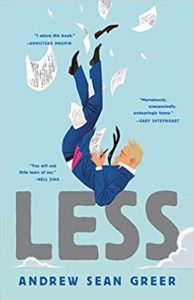 Wherever he goes, Less faces “writerly humiliations planned by the universe to suck at the bones of minor artists like him.” He’s publicly pronounced to be mediocre, he’s informed that his work isn’t gay enough, he’s mocked in Germany where he confidently speaks enough German to confound and annoy people around him because of his awful blunders. Yet this holy fool is sexually charismatic in his own way, apparently able to stun men with just a touch…though he’s not a great lover.
Wherever he goes, Less faces “writerly humiliations planned by the universe to suck at the bones of minor artists like him.” He’s publicly pronounced to be mediocre, he’s informed that his work isn’t gay enough, he’s mocked in Germany where he confidently speaks enough German to confound and annoy people around him because of his awful blunders. Yet this holy fool is sexually charismatic in his own way, apparently able to stun men with just a touch…though he’s not a great lover.
I laughed all the way through the book, recognizing publishing types like the withholding literary agent, and I rooted for Less to become more. More forceful, more insightful, and more in control of his own life. I won’t reveal whether he does any of that, the ending, or how ingenious Greer’s narrative is, but I have to praise his gift for striking, off-kilter images like these:
The view out his window was of a circular brick plaza, rather like a pepperoni pizza, which the whistling wind endlessly seasoned with dry leaves.
In the suburbs of Delaware, spring meant not young love and damp flowers but an ugly divorce from winter and a second marriage to buxom summer.
Less was so deeply satisfying I put everything aside to read it straight through. Colorful, hilarious, incisive, and surprisingly moving, it deserves to be read alongside satirical classics about the writing life like Somerset Maugham’s Cakes and Ale and Updike’s Bech at Bay.

